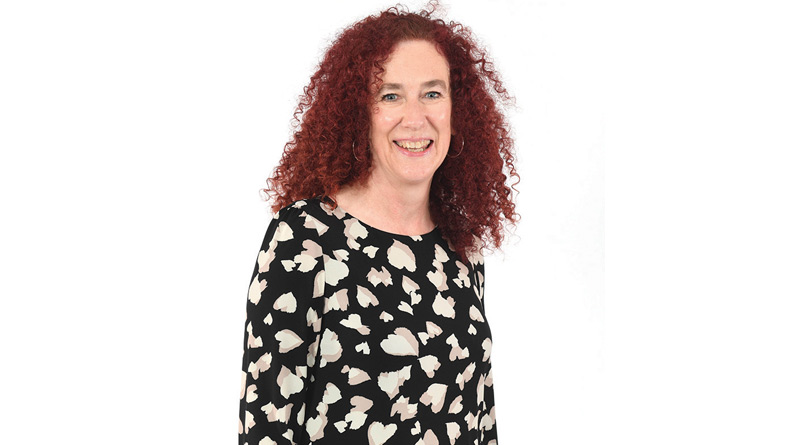Guiding Patients On How To Deal With Their Digital Assets
By Karen Hibbert, Compassionate Communities Lead at Keech Hospice Care (www.keech.org.uk)
How many photos do you have on your phone, and how many of them will never be printed? Lots, probably. Now think about the rest of your life that’s online: banking, insurances, savings, shopping, social media, gaming… when you consider it all, it can seem rather overwhelming. For the elderly or people living with a health condition, that feeling can be all the more intense. Even those who have written a Will and expressed their funeral wishes, may not have considered their digital assets.
As more of our lives transfers to online, knowing our wishes are met with regard to what happens to our digital assets and who looks after them, becomes all the more complex. There are so many individual providers to deal with and each has a different process when it comes to transfering access and notifying of death. If the conversation is not had before death, and wishes are not put in place, these processes can be all the more stressful and prolonged.
Social media sites may seem fairly benign in comparison to something like online banking, but if nothing is done to transfer access, problems can occur. Grieving family members can find it upsetting to see social pages of loved ones still open and, sickeningly, there have been cases of people trolling deceased loved ones via their social pages.
Carers can find themselves in a vulnerable position if a patient tries to involve them in passing on security information, such as logins. While personal involvement in someone’s digital asset management is best avoided for most professional carers, it can be helpful to have some guidance and resources you can offer patients and their families to support them in the whole process and ensure wishes are met.
Top tips for patients and families seeking advice:
1. List of all the social media and other online accounts you have. This can include those that aren’t immediately obvious, such as betting sites and bitcoin investments
2. Decide who you trust with this information. Choose more than one person if possible
3. Lay down clearly what you want to happen to each of your accounts. Some social media sites, for example, can be closed or memorialised, meaning they remain visible but people can’t post on there
4. Make a digital Will. There are various sites that allow you to do this for free, including www.mywishes.co.uk
5. Make sure your trusted person/people know you have taken this action and know where to find the details.
It’s never too early to have these conversations but, for some, it can feel awkward. It could be that a patient doesn’t want to broach the subject in fear of upsetting loved ones, or the other way round. But digital assets are certainly a lot easier to deal with and wishes more likely to be met if the above steps are taken before it’s too late.
If your patient or their family is looking for help with bringing up the topic, here are some suggestions:
– Use a TV storyline as a conversation-starter. If a character is ill or dying, for example, that could be a way of saying how it made you think about all the implications
– Mention another person’s experience. Perhaps someone you know had a difficult time dealing with digital assets after a loved one’s death, and you don’t want that to happen to your family
– Sometimes being side-by-side rather than face-to-face can make it easier to tackle a difficult subject. A walk or a car ride could present good opportunities
– Hearing a piece of music or something in the news can be a catalyst for a conversation. That way, it doesn’t sound like it’s coming out of the blue
Useful links
• The Digital Legacy Association: a helpful portal where members of the public can go to find out more on how to manage their digital legacy
• Facebook legacy contact: a quick and easy two-minute step anyone can take to make sure their Facebook access details are given to the person of their choice
• Tell Us Once: a service which allows you to inform a number of governmental offices all at the same time that a person has died. It includes DVLA, HMRC and local councils
Further advice
Karen runs several webinars a year on the subject of digital memories. Sessions are free and suitable for professional carers and the public. Registration can be made here.

